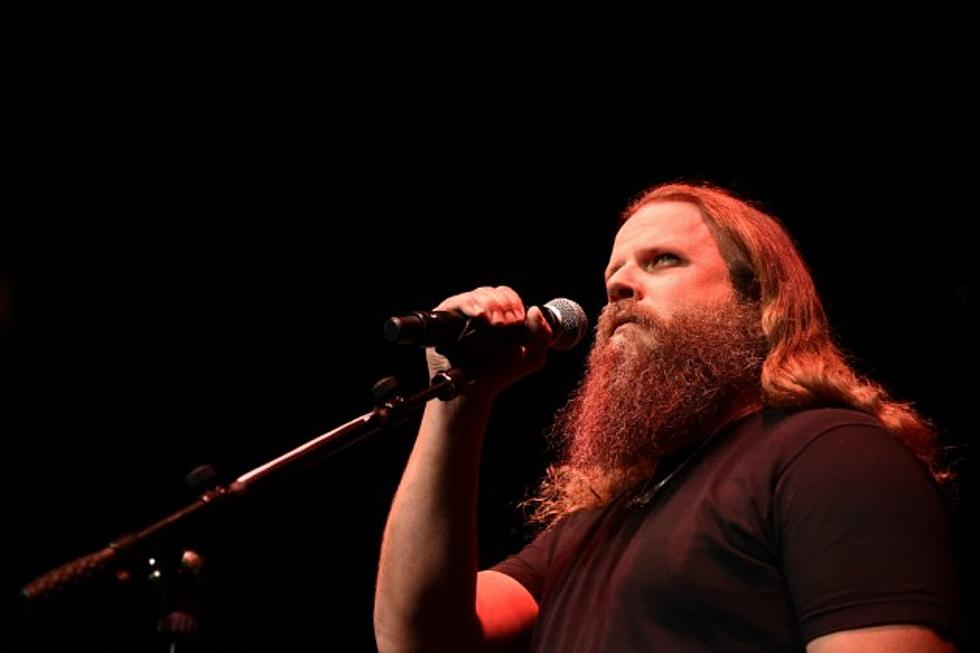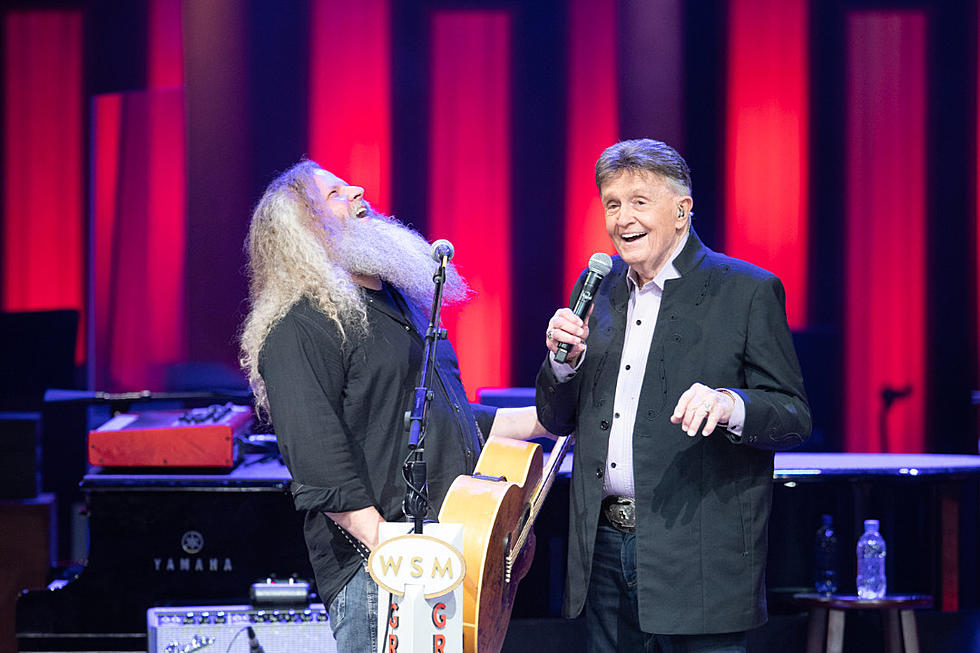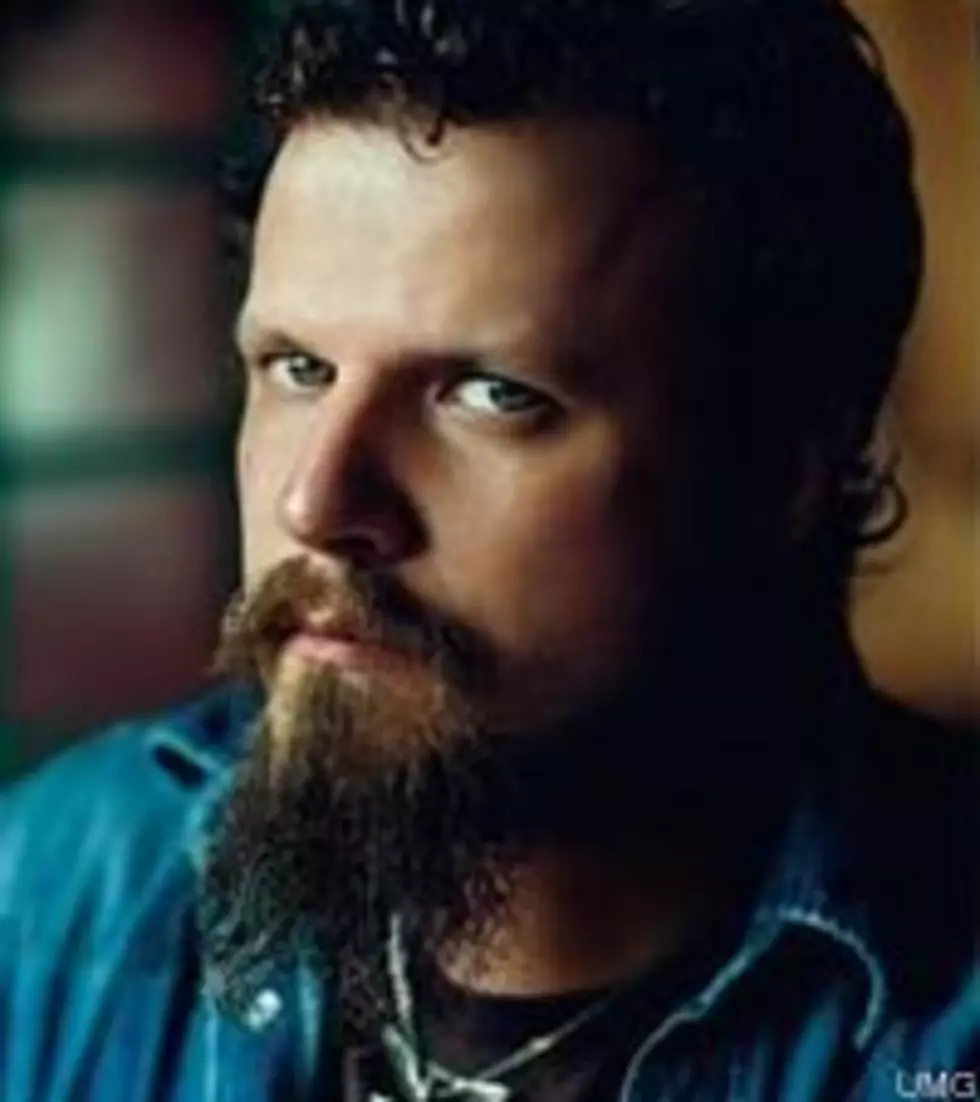
Jamey Johnson Plays By His Own Rules
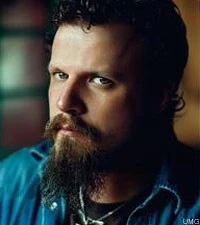 Jamey Johnson only has one set of rules to follow -- his own. With his third album, 'That Lonesome Song,' the prolific songwriter has finally found success with his own voice, and he's done so by following his heart instead of industry standards.
Jamey Johnson only has one set of rules to follow -- his own. With his third album, 'That Lonesome Song,' the prolific songwriter has finally found success with his own voice, and he's done so by following his heart instead of industry standards.
The Boot caught up with Johnson on his very first trip to New York City, where he played his new music to a captivated audience. In this candid conversation, we talk to the country traditionalist about the personal and professional struggles that made him the success story he is today.
You wrote most of this record during a painful time in your life, having gone through a divorce and a split from your first record label. Are there any songs that are hard to sing, given the memories they evoke?
All of 'em. It just depends on the night. That's the thing about these songs -- they weren't all written in one day. Each song covers a different emotion, a different part of the healing process. And there are some times when I get choked up. I've done some songs where people will sing the lyrics back to me -- and when it's something that means that much to you, that's a whole other level. One of my favorite sounds is when the audience is louder than the band. I just wanna back up and let them have it. This is your song, go ahead and do it!
'High Cost of Living' is a beautifully dark song about a man whose substance abuse problems spiral out of control. What was the inspiration behind it?
There's a lot of truth to it. Passing out on the floor -- I can't tell you how many times I did that. There were nights where I'd barely make it into the front door of the house. I've never done cocaine -- I'm perfectly content to die not knowing what a cocaine high feels like. But it's kinda like Johnny Cash with 'Folsom Prison Blues' -- "I shot a man in Reno just to watch him die." He's not a murderer. I'm not a cocaine addict. But I can relate to that guy who did those things. I see how easy it is to slip up and end up in prison, when all you intended to do was just get drunk and then go back home. Maybe you got drunk, got in your car and accidentally hit someone. Now you're a murderer. Anybody can make bad decisions -- that's what the song is. The high cost of living ain't like the cost of living high.
Just like your song, 'Between Jennings and Jones,' says, you've been compared to several country legends. But have you ever heard an assimilation to your voice that was way off?
I'll take 'em all. [laughs] But I don't think I'm a dead ringer for anybody. I'll hear, "You sound like Randy Travis. You sound like Travis Tritt. You sound like Hank Jr." That's great! But we do what we do, and if it makes people remember something they liked before, then that's not a bad thing.
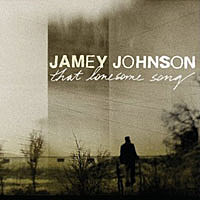 You originally released this album yourself digitally. Did you have any idea not only that a major label would pick it up but would also not ask you to change a thing about it?
You originally released this album yourself digitally. Did you have any idea not only that a major label would pick it up but would also not ask you to change a thing about it?
After I got dropped (by BNA Records) the first time, I decided I'd never make decisions again based on what a label wants. Radio stats, charts, all that -- I don't care, I'm not a big numbers guy. But I do know whether someone understands my song or not. That's not to say that those people (label executives) aren't important. I'm just saying the numbers are their job, the emotion is my job. People who run the numbers shouldn't be in the studio telling the artist what songs to sing and how to sing 'em. So when we put the album on the internet, we had no expectations. We just wanted to see what it would do. I had a couple of labels approach me about doing a deal, but they wanted me to go in and re-cut songs. And all that told me was they didn't like the music that I make. And if you don't like the music I make, I don't want to make a record for you ... I like making records the way I make 'em, and I wanted the opportunity to do that once before I die, and so I did. So I passed on two labels and then the third time, I sat down in Luke Lewis' (Chairman and CEO of UMG Nashville) office, and he said, "I don't know what you're doing in that studio, but I don't care. Just don't mess with that sound." And I was floored. I certainly wasn't expecting that. So I said, "Hell, I came here to tell you that!" [laughs] So it was just a done deal -- the start of a great relationship. And I have no intentions of cutting records any other way.
Has there been one moment in your career when you realized you'd made it?
No. It's not the destination, it's the journey. I'll never make it. When I make it is when people start missing me, and I'm gone. I'm just loving where I am right now -- back on the road, playing music for people. That's my life, and I'm here to share my life with other people.
You're very modest, because you have both a CMA and ACM Song of the Year Award for 'Give It Away,' which you co-wrote for George Strait.
The first time, at the ACMs, was just complete disbelief. I didn't want to stand up there in front of the entire industry and be a blabbering idiot. So we agreed we'd let Bill (Anderson) do all the talking at that one. So I was just standing up there next to George, and I said to him in his ear, "Thanks for messing this up for me, George!" [laughs] And he looked at me like I was crazy ... and he said, "Damn son, you won! You'd think you could smile!" And the second time we won, it caught me off guard. I didn't know what to say, so I just said, "I want to thank Mom and Daddy for teaching me how to sing and write." And since I wrote this song about my ex-wife, I wanted to thank her for being who she is. That didn't work out so good -- I think people thought I was being a smart ass! But I meant what I said: "I want to thank my ex-wife for being a good mother to our daughter. She is a good woman, and she deserves half this song and half this award."
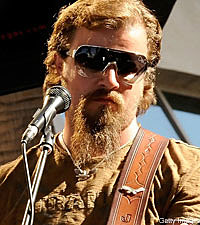 Is it safe to assume you have a friendly relationship with your ex?
Is it safe to assume you have a friendly relationship with your ex?
She is a great woman and a great mother. Sure, there was a time when we were upset with each other. But we made it through all that. We're still friends today, and we're raising our daughter together. If you ever met my daughter, you'd see that she's a very well rounded kid. She gets that from her mother -- that's good raising.
Is there anything that irks you about the country music industry?
Play whatever you want to play on country radio. But don't quit playing songs and say it's "too country." Just say it's because you don't like the song.
On the flipside of being "too country," what's your opinion of the influx of pop acts crossing over to country?
Everybody who comes to Nashville has the right to chase their dream. I don't like it when somebody steps in my way and tells me
that I'm not allowed to chase mine. I'm not going to do that to other people. I'm not going to tell someone they don't belong on country radio. If your dream crashed in L.A. and sent you to Nashville, welcome aboard! Come on down here and let's put a band together. If fans love it, they'll let you know. If they don't love it, they'll let you know that, too! [laughs]
You had a brief stint on the reality TV show, 'Nashville.' If you could be on any other reality show, which one would you choose?
'The Girls Next Door.' If I'm gonna do that s--- again, it's gonna be with some knockout gorgeous girls in a hot tub! [laughs] They told me 'Nashville' was going to be a documentary, that I was going to tell my story on it. But on day-one of filming, I heard the word "docu-soap," and I almost threw up. I realized I'd been scammed into doing a stupid reality show where they stage all kinds of drama. I didn't want that and didn't need it. I had a girlfriend I was happy with, and they tried to screw that up. Eventually it did, I guess, because I'm not with her anymore ... But seriously, I'd rather blow my brains out than be on another reality show ... unless it's 'The Girls Next Door.'
Buy 'That Lonesome Song' on iTunes
Jamey Johnson - 'In Color' Video
More From TheBoot



